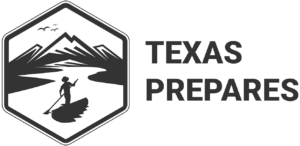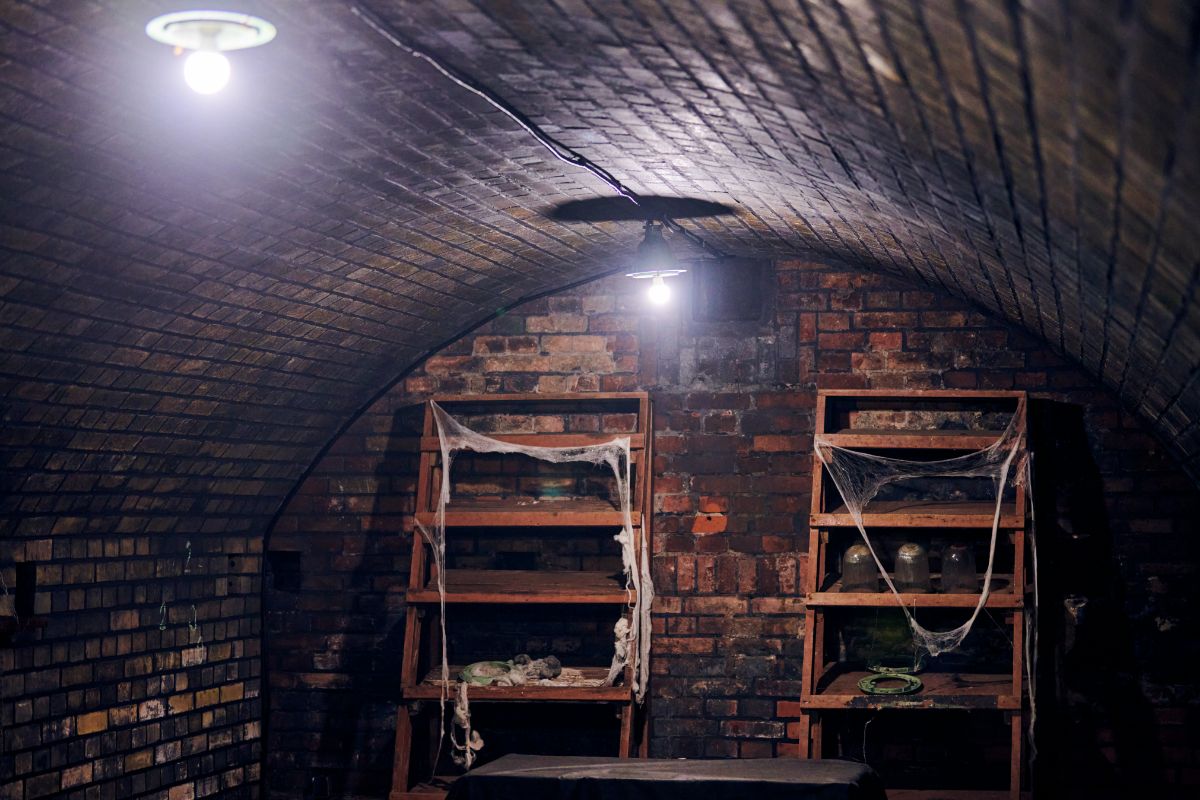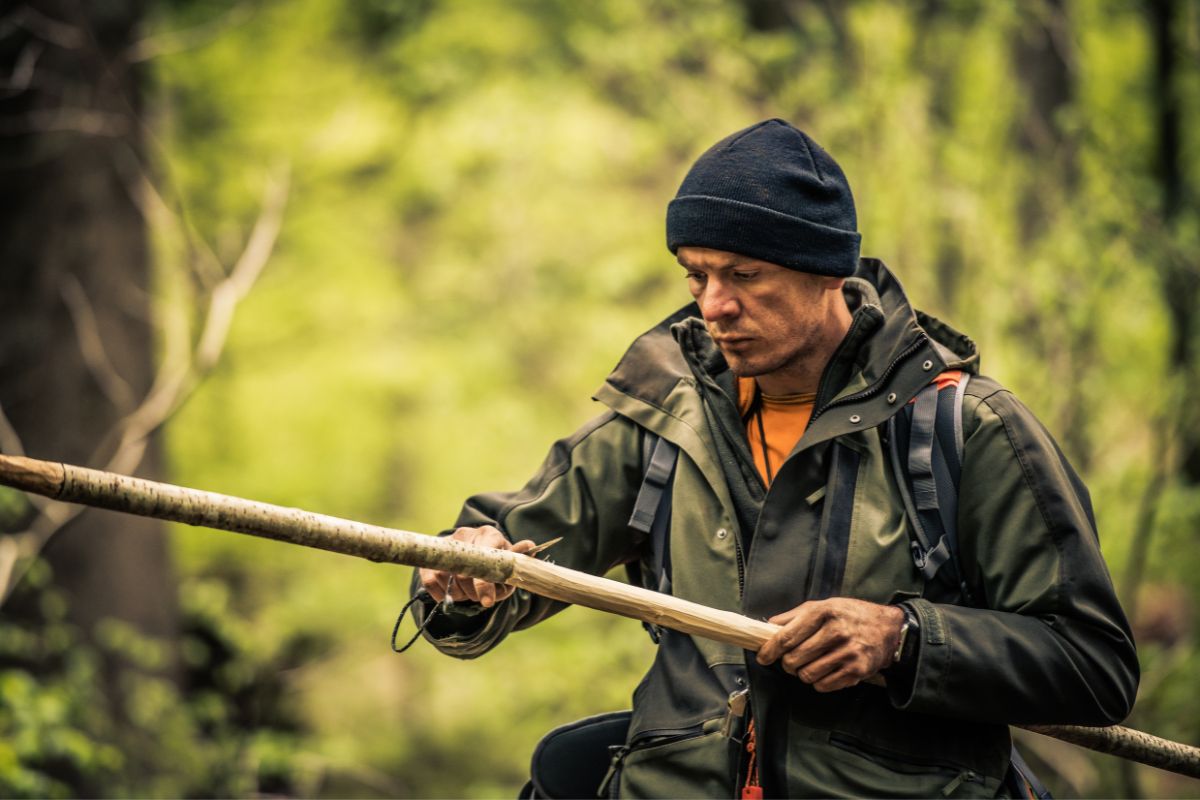Disasters can cause significant damage to our lives. While we may be prepared for them and some of us can recover relatively quickly from whatever happens, some of us cannot.
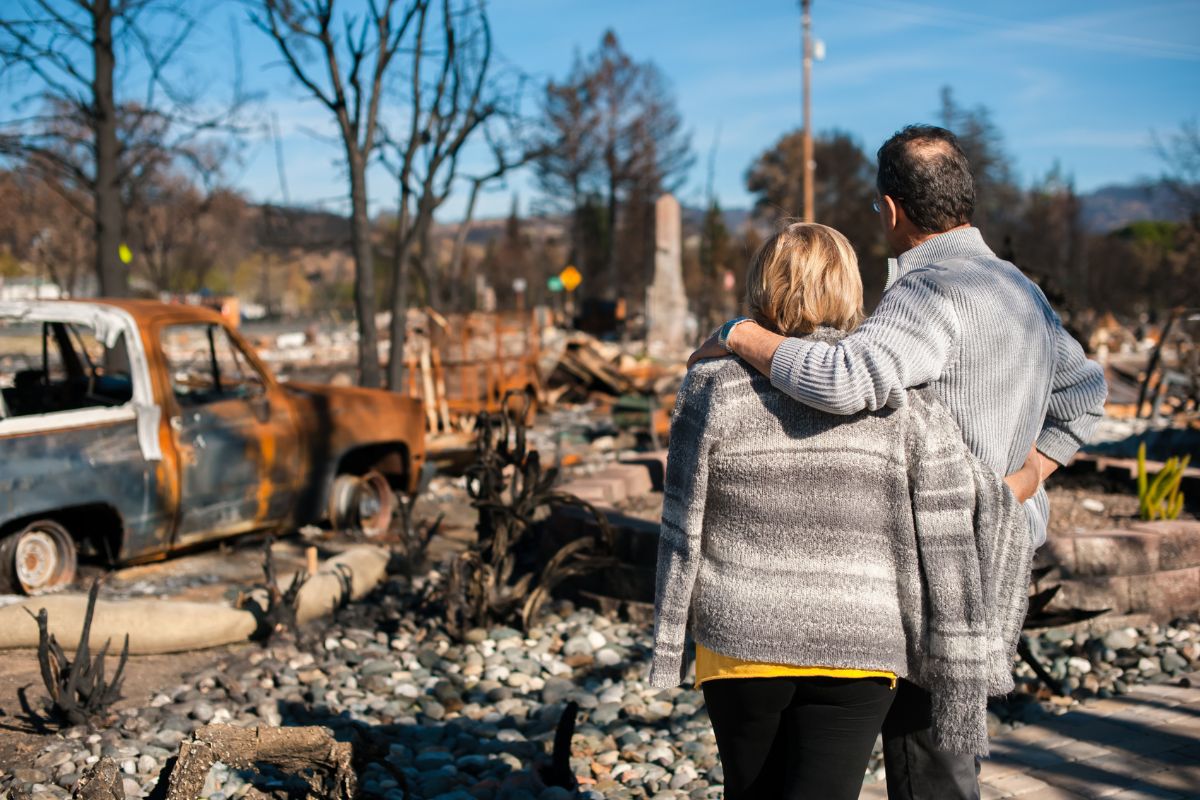
In particular, the elderly community might find it extremely difficult to recover from disasters.
However, it’s important to note that not all senior citizens are the same and some may require more help than others.
This guide will show you how you can help elderly people recover from a disaster along with some other handy tips (You might also want to check out How To Help Children Recover From A Natural Disaster).
Read on for more.
What Do We Mean By Disaster?
Disasters can occur in a variety of ways. Natural disasters, otherwise known as “acts of God” are perhaps the most common or well known.
These include such things as earthquakes, tornados, heavy storms and landslides.
Then there are biological disasters such as epidemics, pandemics or other outbreaks. Finally, there are man-made disasters such as wars or terror acts.
How Can You Help The Elderly Recover?
The first thing you need to do is recognize your community. Who lives in your community? How old are they? Who do they live with?
Once you have done this, you can create a small community “plan” which includes details of who lives where and how critical it may be to offer help.
This is because not all senior citizens are the same.
Many require around the clock treatment, some require medications, some have medical conditions which makes it difficult to communicate – and some are completely healthy.
Once you’ve recognized this, you can move on and look at some of the other points in this guide.
Practical Help
There are many ways you can help. Let’s start with the practical ways to begin with.
Depending on the disaster, you may help the elderly by providing them with food, water and other supplies.
Ask them if they need help and what they might need.
If you are worried about a senior in your area and have not heard from them, it might be a good idea to contact emergency services for assistance.
Consider taking part in volunteer groups.
After disasters, many groups often appear which look at things like clean-up operations or other rebuilding programs.
Not only will this help with rebuilding a senior’s life (for example by cleaning up debris or putting infrastructure back together), but it also provides the elderly with a sense of importance and they feel as though they are being listened to and cared for.
Give the elderly that need it a contact number for you. Tell them you are available when they might need you during the recovery of a disaster.
Administration Help
After natural disasters, many organizations offer financial aid to those that need it.
However, due to the advancement of technology and how the world works now, a lot of these things are now done online.
If they are not, it’s still likely that the forms can be extremely complicated and the elderly might find it difficult to understand what to fill out, what help is available to them and how they can access it.
Speak with the elderly people you are going to help and ask them if they would like you to help them fill out these forms or access the help for them.
Speak With The Relevant Organizations
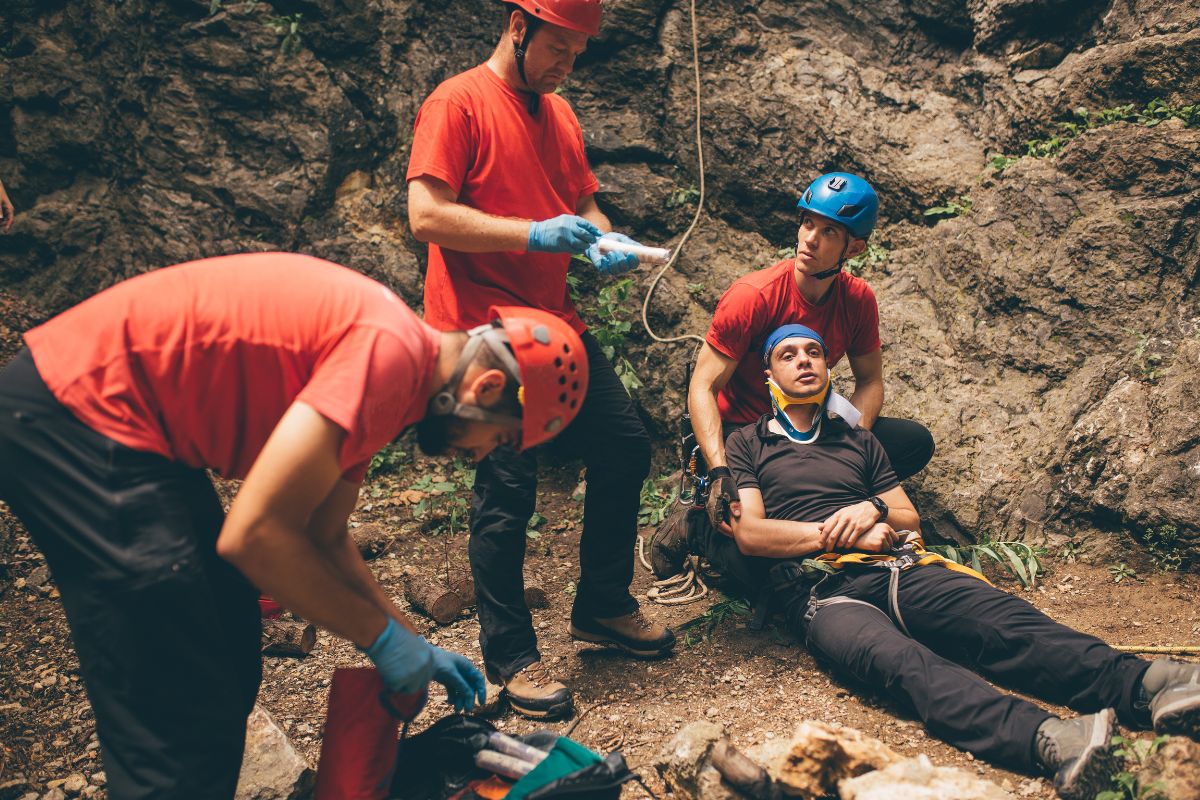
Some organizations will offer help to those affected by disasters, so it is wise for you to speak with them and get as much information as possible.
Unfortunately, during these times, opportunistic criminals will see an opening.
They might target the elderly and offer rebuilding efforts, financial aid or other such help in exchange for payment – and then never contact them again.
Find out who the official organizations are and give the elderly the right information. If they are unsure, they should feel comfortable enough to contact you for clarification.
Offer Transport Services
Senior citizens may require help going to places such as doctor’s appointments, government buildings or for groceries during this difficult time.
Consider offering them transportation or going in their place.
Build A Community Network
During times of crisis like this, it is always a good idea to build a community network.
This gets people together to help each other, but also provides a way for the elderly to socialize and feel as though they are contributing.
This is particularly important as a lot of elderly people do not want to feel as though they are a burden.
As a result, they may not directly ask for help when they need it and may even turn it down.
With community networks, people of all professions and skill sets can offer practical and other help for everybody.
What Not To Do
Of course, there are also some things you should avoid doing. These include the following:
Make Demands
Never demand or force an elderly person to do anything. Ultimately, everything will be their decision and you have no right to force them to do something.
If you feel they are making a dangerous choice, contact social services instead.
Rebuild Without Asking
Many of us, including the elderly, will not be happy if someone begins touching their property without consent. Ensure you speak with them first.
Assume The Elderly Are The Same
Some elderly people will have special needs and requirements whereas others will be much more capable of dealing with a disaster situation.
Do not assume that all the elderly citizens in your community are the same.
What To Consider
Some elderly people may be exhibiting signs or symptoms of distress. Look out for changes in the person’s mental or physical wellbeing and always remain open and honest with them.
If you have concerns for them, speak with medical professionals as soon as possible.
The Bottom Line
Disasters can happen and it’s never an easy time. For the elderly, it can be much more difficult to deal with – so consider our guide if this unfortunate situation ever arises.
- How To Make A Quick And Easy DIY Toilet For Camping - September 19, 2022
- How To Use A Knife For Self Defense - September 19, 2022
- How To Help The Elderly Recover From A Disaster - September 19, 2022
